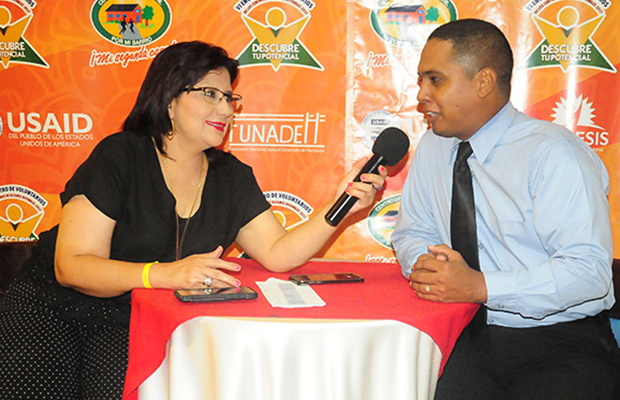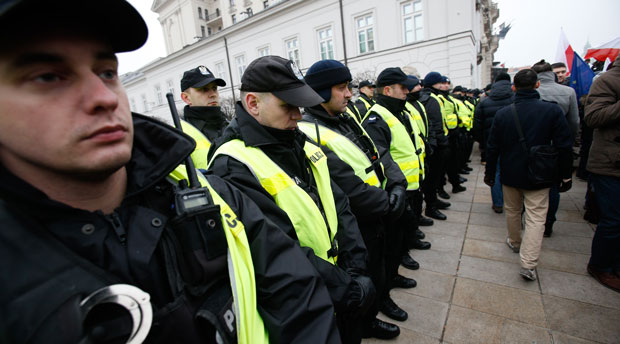ICIJ collaborates with journalists all around the world to break stories such as the Paradise Papers, Panama Papers, Evicted and Abandoned, Fatal Extraction and more. This story is part of series that gives you the inside story of what it’s like to be an investigative reporter and explores some of the challenges faced by these journalists.
Lourdes Ramirez, an ICIJ member and reporter in Honduras who focuses on human rights issues, has had the same away message on her Skype account for the past few years: “Perseverando.”
The message means “persevering.” For Ramirez, reporting on topics from a rash of unsolved murders of women to conditions in garment factories to Honduras’ powerful organized crime networks has been an act of constant perseverance, as well as considerable bravery.
For her efforts, Ramirez has received the Courage Award from the International Women’s Media Foundation, awarded to women reporting in situations of risk, and the Froylan Turcios award from Honduras’ National Congress.
What inspired me to do journalism were exactly those issues of human rights and poverty.
She has also been warned off stories by hooded men who bundled her into a vehicle to threaten her life and, years later, forced to flee Honduras after receiving another wave of death threats. Although she could have applied for asylum in the United States, she returned to the country and continued reporting.
In 2014, she worked with ICIJ on the Evicted & Abandoned investigation of forced displacement caused by development projects financed by the World Bank, joining an on-the-ground reporting trip in the violence-racked Honduran province of Bajo Aguan.
Ramirez says it is a struggle in Honduras to find work as a journalist covering human rights, crime and other problems the government prefers to keep quiet, but that she will keep on investigating those subjects.
“If I don’t do that, I feel like I’ve failed as a journalist,” Ramirez said. “Because what inspired me to do journalism were exactly those issues of human rights and poverty.”
Last June, she was abruptly removed from her Saturday morning radio broadcast Café Informativo and offered only a slot in the afternoon with a far smaller audience, despite a contract that extended into 2018. Ramirez says she was offered no explanation for the change but notes that her show frequently addressed uncomfortable topics such as human rights, corruption and government misconduct.
Ramirez left the radio station and kept up her reporting on human rights. In July, a story she worked on examined the unsolved murders of women in Honduras, a phenomenon so frequent that they have come to be referred to as “femicides.” Using police statistics, Ramirez and a colleague found that in more than 90 percent of femicides in her home city of San Pedro Sula, investigations were closed by authorities without bringing charges.
To pay the bills, Ramirez also works for a nonprofit group dedicated to combating violence. The initiative she works on, called Proyecto Genesis, works with youth in San Pedro Sula, which has the third-highest murder rate among all cities worldwide, according to The Economist.
Proyecto Genesis offers activities for young people in Chamalecon, one of the city’s most crime-affected neighborhoods, to offer them alternatives to street gangs. Ramirez works in communications, writing profiles of the youth and other materials for the organization.
Ramirez has also launched a digital newspaper, En Alta Voz, to cover politics and current events in Honduras.
She and several contributors are covering Honduras’ disputed elections, which have sparked widespread protests and international concern after incumbent president Juan Orlando Hernandez came from behind to take the lead in a vote count widely suspected to be tainted by fraud.
Sensitive stories, Ramirez says, are published without bylines to protect the reporters.
“I could live perfectly well as a consultant,” she said. “But I have never left journalism.”
Read more about the challenges our members and partners face:



